Why Starmer might be the most prepared prime minister to stop mob rule
Violent civil unrest led by far-right activists has erupted around the UK in the wake of the murder of three girls at a dance club in Southport. Political editor David Maddox looks at the powers available to the government to stop them

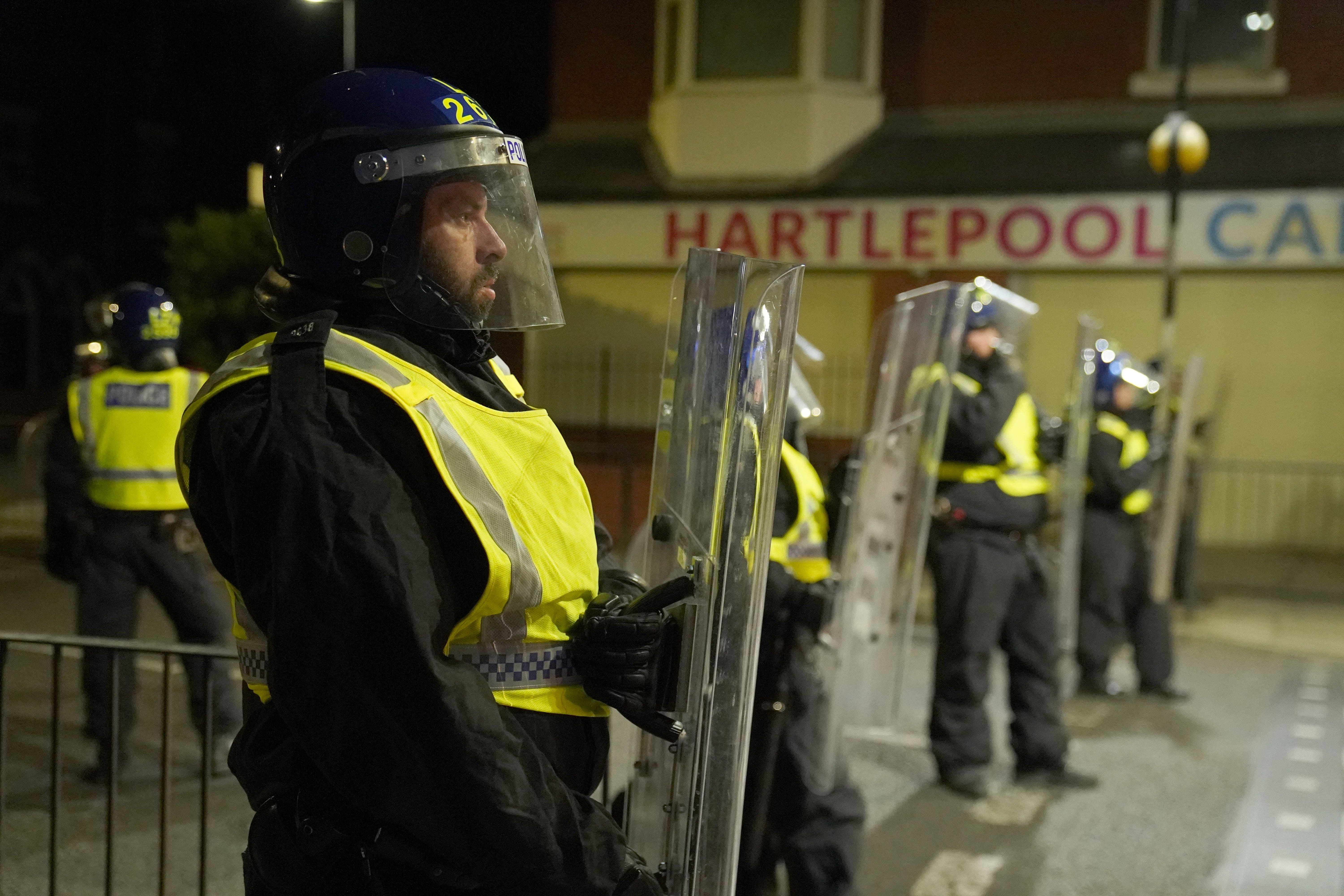
On Thursday last week, Sir Keir Starmer held an emergency conference with senior police officers, his home secretary Yvette Cooper and justice secretary Shabana Mahmood in the aftermath of violent protests in Southport.
In a press conference which immediately followed the talks in Downing Street, the prime minister blamed far-right activists for the disturbances which saw a local mosque put under siege and a police car set alight while thugs threw rocks at police officers.
The trigger for the riot was the awful murder of three young girls at a dance club in the Merseyside seaside resort, after which misinformation about the alleged killer was shared online.
However, Starmer’s early action over the first riot has been followed by an explosion of similar incidents in towns and cities across the country, including Liverpool, Hull, Hartlepool, Sunderland and Belfast.
There are questions over whether the prime minister should cancel his holiday and demands to recall parliament. But Sir Keir’s former career as England and Wales’s chief prosecutor actually may mean he is uniquely prepared to see the UK through this crisis.
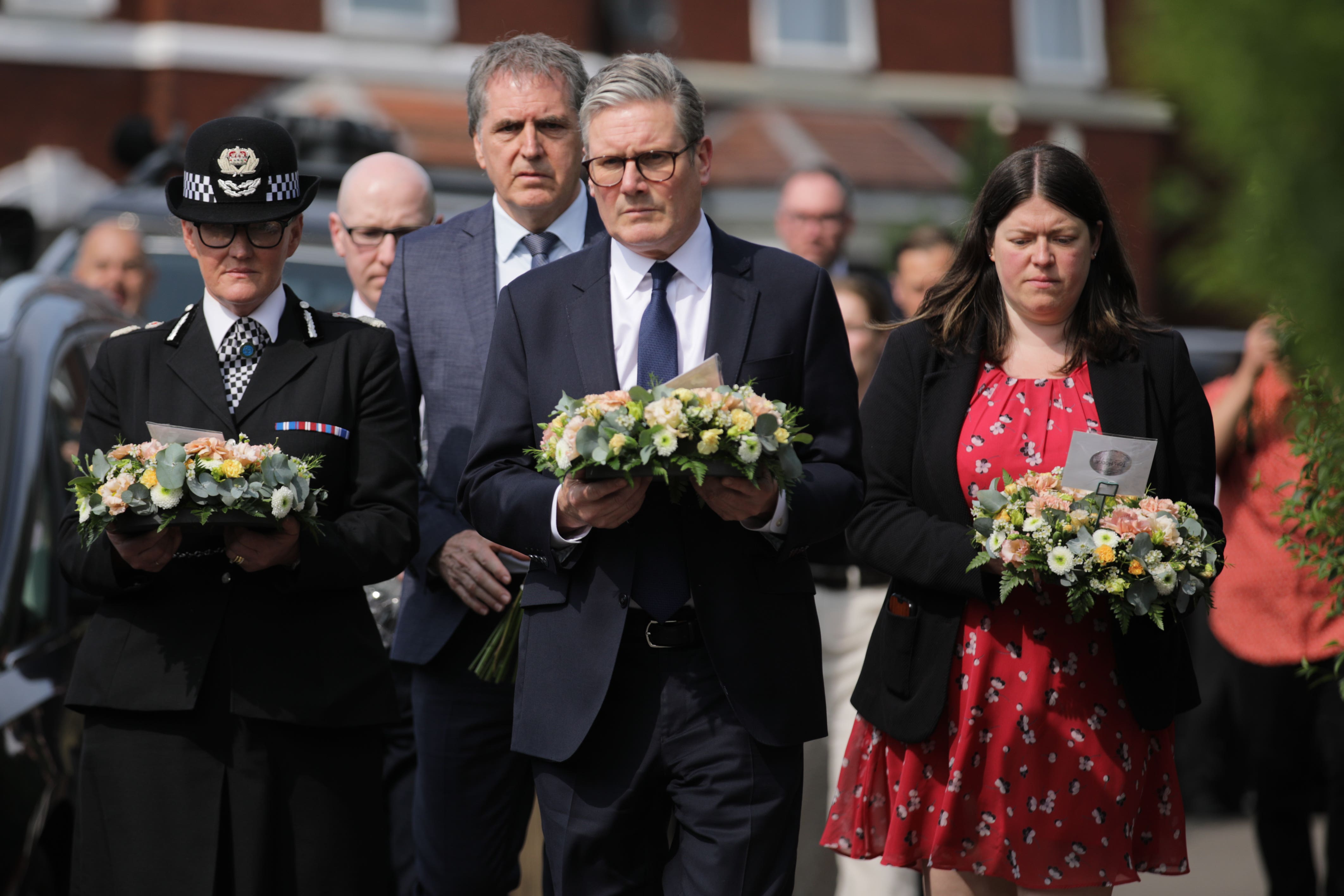
Lessons from the riots in 2011
Back in 2011, a year before the Olympics took place in the UK, riots broke out in London after police shot and killed 29-year-old Mark Duggan during an intelligence-led, targeted vehicle stop procedure on the Ferry Lane bridge next to Tottenham Hale station.
It later emerged that Duggan did not pose the threat that the police had believed he did and the fury over the incident saw riots and looting in London which then spread to other cities in the UK.
At the time, Keir Starmer was director of public prosecutions and responsible for prosecuting those responsible for the criminal activity sweeping the country.
He kept courts open 24/7 and allowed magistrates to hand down longer and tougher sentences after 3,000 suspects were arrested and 2,000 brought to trial.
Later Starmer would say: “For me, it was the speed [of processing cases] that I think may have played some small part in bringing the situation back under control.”
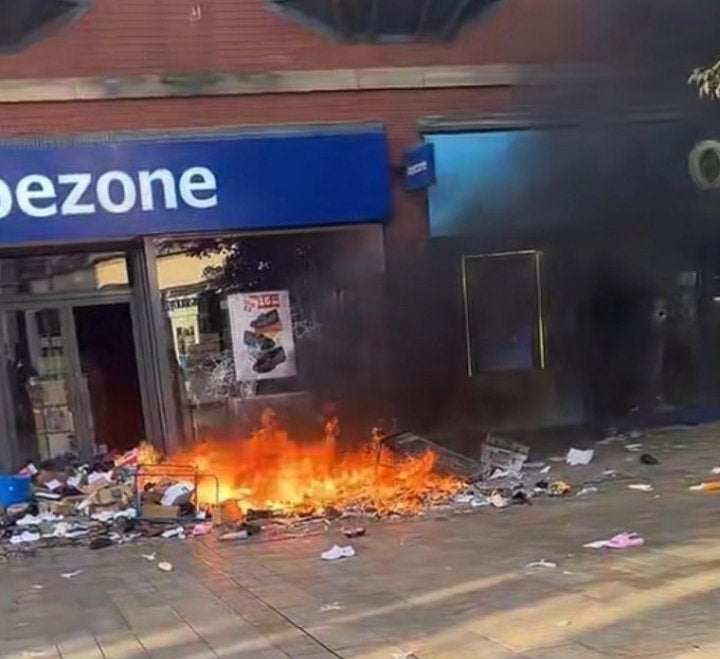
What more can Starmer do?
The prime minister is not short of advice, mostly from his political opponents, just one month after entering Downing Street.
While he did well to get an early grip on matters with meetings with the police he will need to consider calling a meeting of the Civil Contingencies Committee (better known as Cobra) to get emergency measures in place, especially if mass arrests become necessary.
He will also need to have a recall of parliament up his sleeve as an option, although this will probably be deeply unpopular with mostly exhausted MPs after a long election period. All these measures at the very least give the impression of him doing something and making sure the situation does not get out of control.
Some will call on the army to be called in but generally, prime ministers resist this measure and leave matters to the police. The image of the army controlling streets is not one that governments of either colour want on their record.
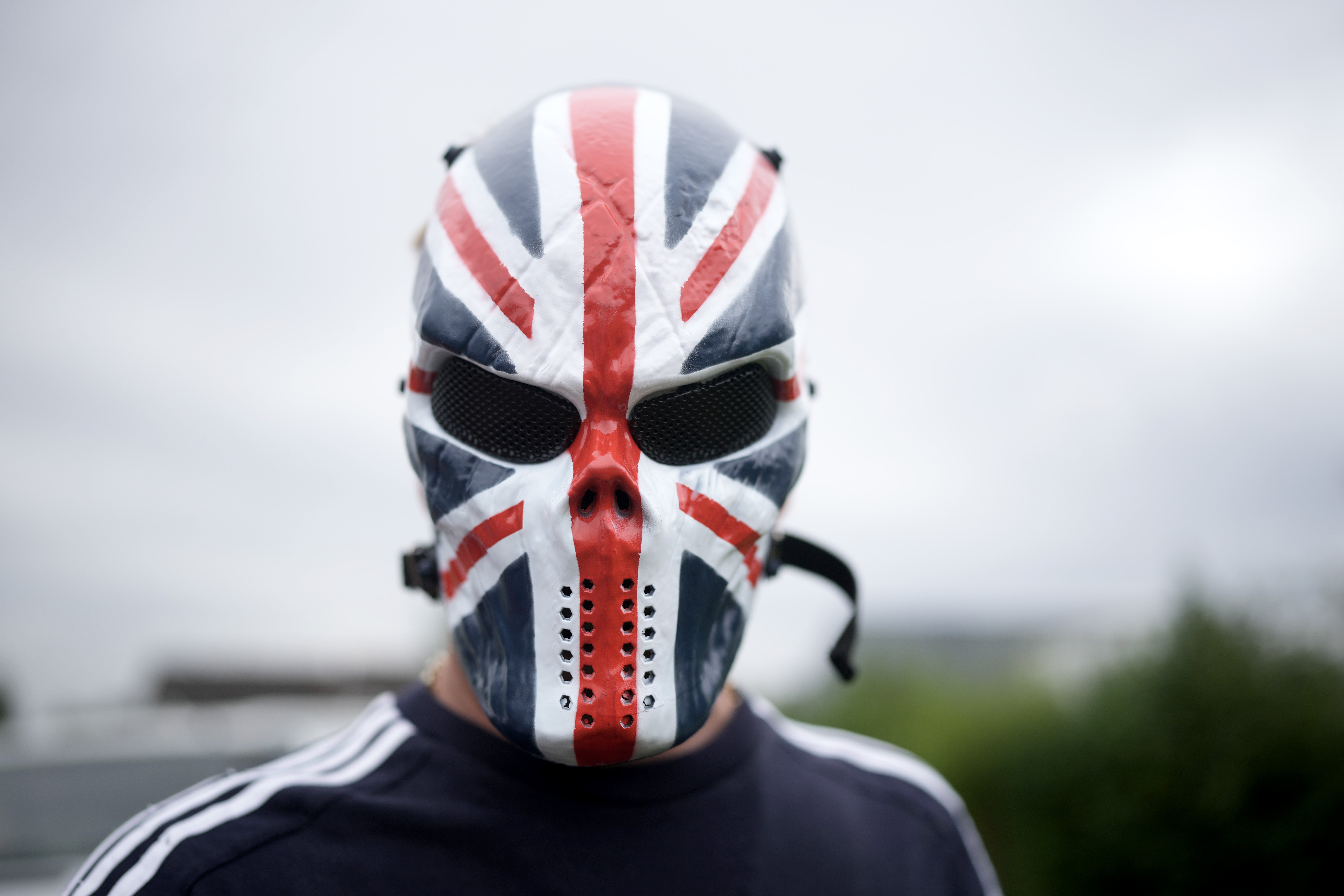
Top piece of advice: don’t go on holiday during a crisis
Keir Starmer famously said of former Tory foreign secretary Dominic Raab that you cannot coordinate a crisis from the beach. He was talking about Raab delaying coming back from holiday during the Afghanistan crisis when the UK, US and other allies were withdrawing from the country and panic set in.
While Downing Street is denying he plans to go on holiday next week, the prime minister should heed his own advice to Raab if he is at all tempted before law and order are restored.
A history of legislation to control Britain’s streets
Most of the powers available to the police and authorities in the current crisis originate from the 1986 Public Order Act passed by Margaret Thatcher’s government in the wake of the Southall riot (1979), Brixton riot (1981), Battle of Orgreave during the miners’ strike (1984) and Battle of Beanfield when police attacked a peace convoy travelling to Stonehenge in 1985, as well as problems with football hooliganism.
There was a need to enshrine the right to protest peacefully but also allow the police to control the streets. Before the 1986 act, no laws had been passed in this area for five decades.
The legislation abolished the common law offences of riot, rout and unlawful assembly but set rules for gatherings, rallies and protests, including giving notice to the police as well as giving powers to the police to refuse permission.
The legislation was updated in the 2023 Public Order Act but most of this was to deal with the specifics of climate change activists such as blocking roads.
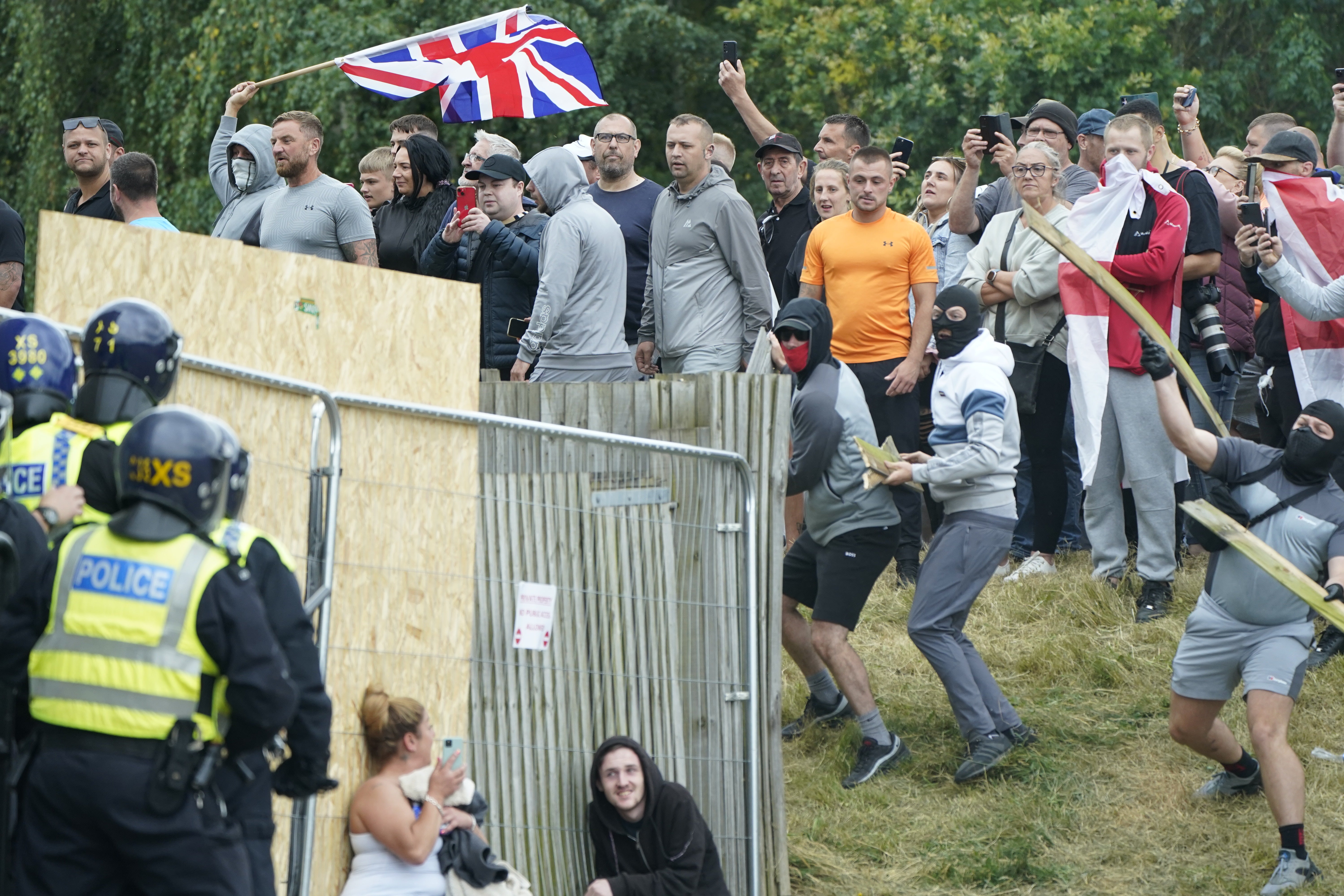
Are there different approaches to policing?
There have been complaints about two-tier policing methods during these latest incidents. In particular, right-wing apologists for the latest riots have claimed that the disturbances with the Black Lives Matter (BLM) protests in 2020 after the murder of George Floyd were dealt with differently.
Pictures of Sir Keir and his deputy Angela Rayner taking the knee as a symbol of support have been recirculated. At the time, Boris Johnson’s Tory government was criticised for not making the police take a tougher stance when the protests turned violent.
Despite these claims, the police did clash with protesters in a bid to restore order. One police officer who was thrown from her horse after an object was thrown at it ended up in hospital.
However, the police managed to mostly maintain calm by allowing the protests to go ahead and not taking a hostile attitude towards those taking part. Some might suggest that this option was not available in the riots over the last few days.
In the end, one thing always stops the riots: rain
It is no coincidence that the worst periods of rioting and disruption in the UK tend to happen when it is hot and dry in the summer. Rain helped stop or reduce problems in 2011 and, to a lesser extent, 2020. Rain could now be both Starmer and the police forces’ biggest ally.
Join our commenting forum
Join thought-provoking conversations, follow other Independent readers and see their replies
Comments
Bookmark popover
Removed from bookmarks